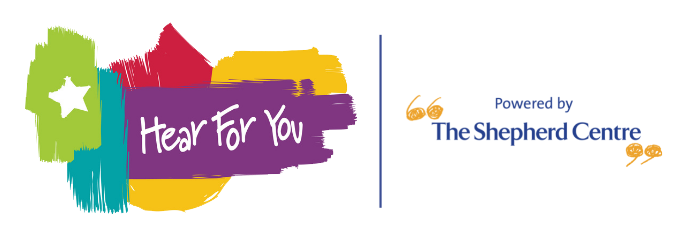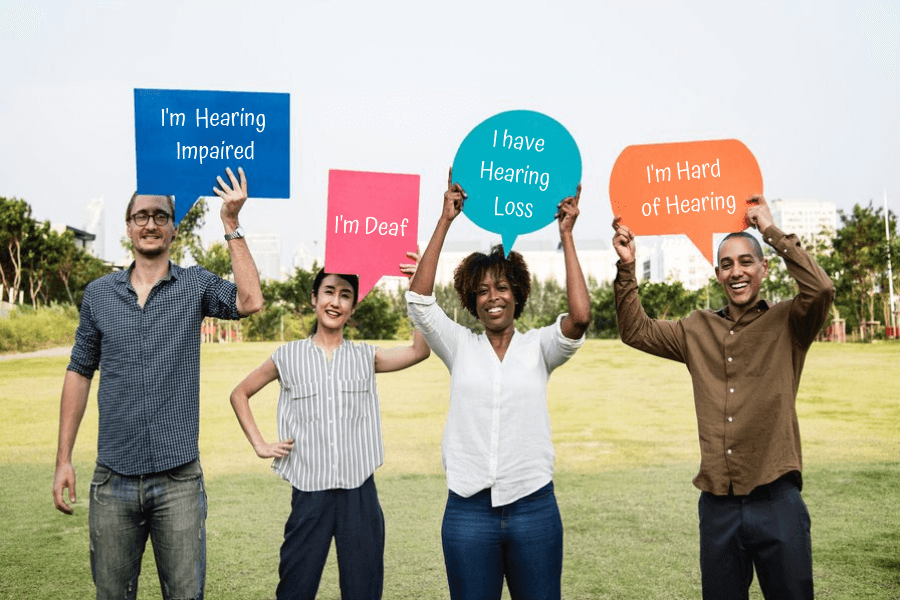Hard of hearing, hearing impaired, deaf—there are a lot of terms that are used when referring to people who cannot hear or cannot hear well. And although these terms may all describe the same subset of people, they aren’t necessarily taken the same way. While “hard of hearing” is generally an accepted term to use when describing those who have difficulties hearing, “hearing impaired” is considered offensive by some. What side of the debate do you stand on?
Hard of Hearing or Hearing Impaired?
“Hard of hearing” is generally the preferred term in Australia, while “hearing impaired” is disliked by many the deaf community. This is because while deaf people may not be able to hear well, it is arguable whether this is truly a disability. Unlike traditional disabilities, being deaf often doesn’t deter a person from having a normal life. This is especially true the more enmeshed they are with the deaf community.
“Hearing impaired” implies an impairment that a person simply may not feel. Someone who is deaf and interacting with other deaf people may not think about or encounter troubles regarding their deafness at all. Meanwhile, hard of hearing is more descriptive: it simply states that the individual in question is unable to hear.
This is one of the reasons why many people who are deaf are not interested in “curing” their deafness: because it isn’t seen as something that is “wrong” with them. While it may make them different, it neither holds them back nor impairs them.
Hard of Hearing and Deaf: What’s the Difference?
Deaf doesn’t necessarily mean profoundly deaf. People in the deaf community may be completely deaf or they may have difficulties hearing. Unfortunately, this distinction is often lost on the non-deaf community.
Many people will assume that deaf does mean profoundly deaf, and many people will assume “hard of hearing” means that someone can hear a little but not well. These differences can be important during interactions between the deaf and non-deaf communities.
We have found the interchangeability of these terms to be specifically relevant when dealing with Australian media and how they report news to hearing Australians. As much as we refer to our own community as deaf or hard of hearing, the media changes the term to be hearing impaired when reporting about us.
If You’re Deaf, the Choice is Up to You
As a deaf person, you get to choose which terms you find most comfortable and which ones you don’t like. If you find that some terms are deprecated or offensive, then the responsibility of educating the person you’re speaking with falls to you.
Is this fair?
Should we be better educating hearing Australians so that we all use the same terms?
It’s hard to do this when there are debates within our own deaf community.
Imagine if we could work together to support a deaf community that encompasses the deaf and hard of hearing population who are mainly oral as well as acknowledging the Deaf community of Auslan language users.
We each have our own opinion on what terms are acceptable or not. Until we decide this as a whole, it’s hard to educate others on how we prefer to be recognised to the nation’s non-deaf community.
Hearing Awareness Week
In support of Hearing Awareness Week in Australia, listen to Bec, Marie, David and John share their insights on what it means to be deaf in a hearing world.
Marie's School Prank from HearForYou on Vimeo.
Bec Stewart Talks About Her Frustration With Teachers When Advocating Her Hearing Loss from HearForYou on Vimeo.
David Shares Insight In'Training' Friends To Stand On His "Good Side" from HearForYou on Vimeo.
John Talks About Advocating our Deafness To Strangers from HearForYou on Vimeo.



